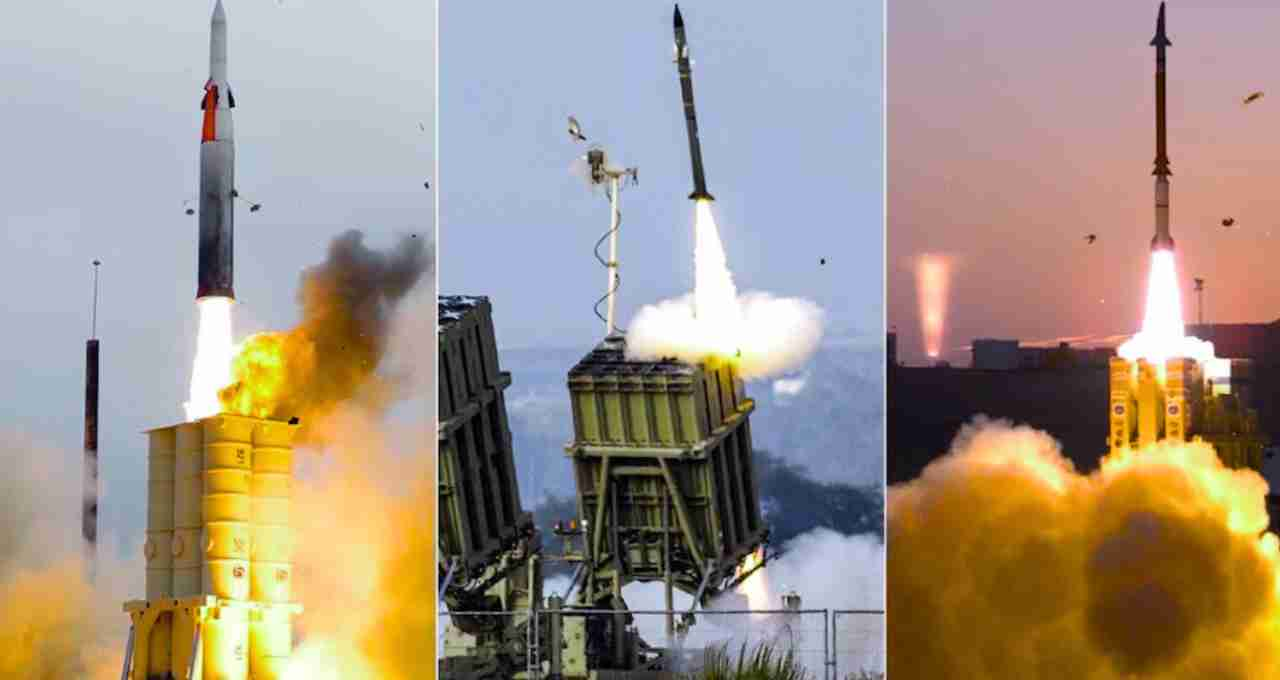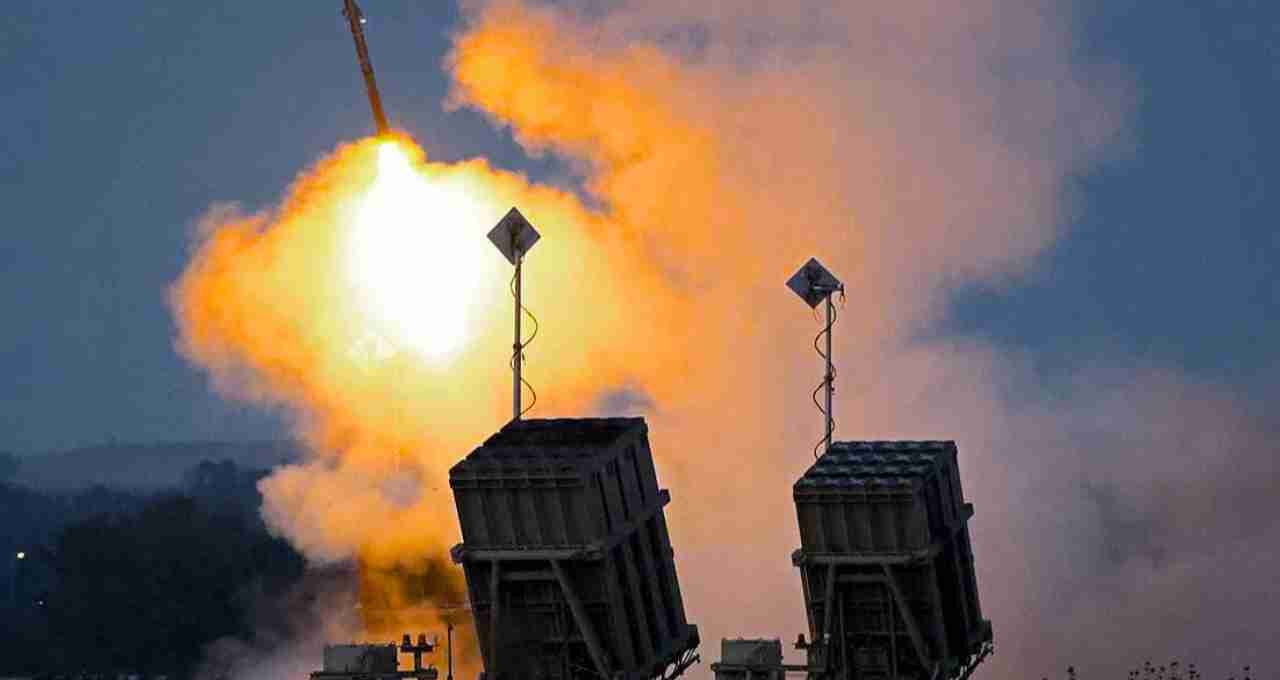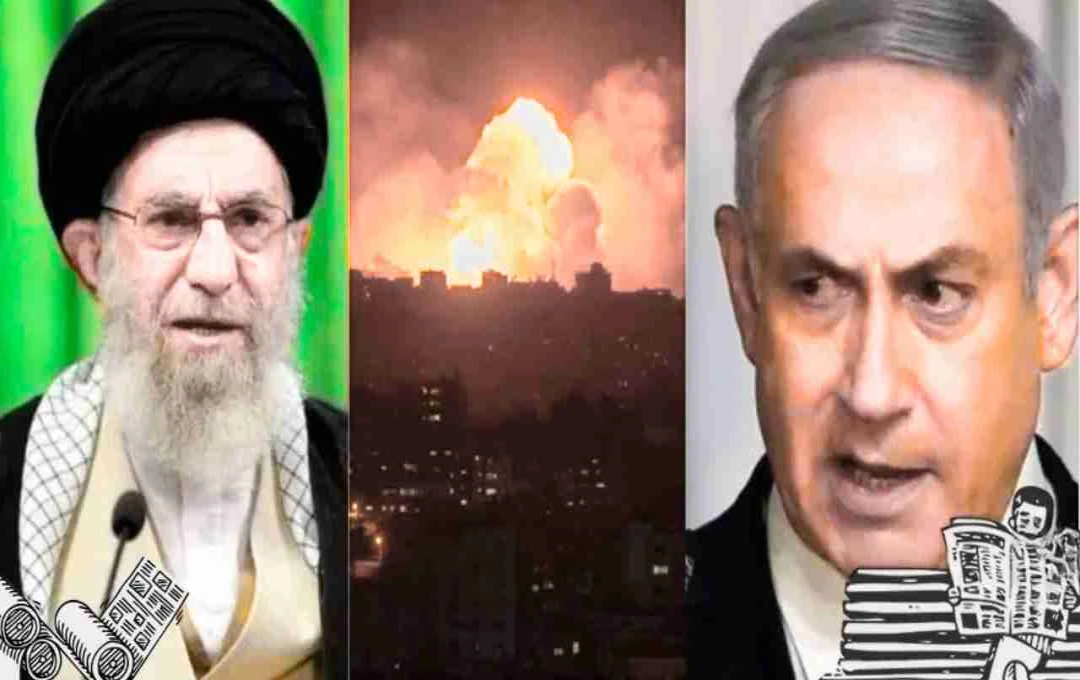Israel is currently facing a serious defense challenge as its stock of Arrow interceptor missiles, designed to defend against long-range ballistic missiles, is rapidly dwindling.
Amidst the evolving geopolitical landscape of the Middle East, Israel's security policies are once again under global scrutiny. Faced with escalating missile and drone attacks from Iran, Israel's missile defense system is under immense pressure. Maintaining this protective shield costs Israel billions of dollars every night. This situation starkly contrasts with countries like Pakistan, which grapple with modest defense budgets, highlighting Israel's exceptional preparedness and economic strength.
Israel's Missile Defense System: A Multi-Layered Framework
Israel has developed a multi-layered missile defense system, considered one of the most advanced globally. This system comprises three main interceptors, each with distinct roles, technologies, and costs.
Arrow System

Arrow interceptor missiles form the most powerful component of Israel's missile defense system. They are capable of intercepting long-range and high-altitude ballistic missiles, proving crucial against long-range missiles launched from countries like Iran. A single Arrow missile costs between $2 million and $3 million (approximately ₹16.7 crore to ₹25 crore). This technology was jointly developed by the United States and Israel.
David's Sling
This system is used to intercept medium-to-long-range missiles, cruise missiles, and large rockets. A single missile costs approximately $1 million (around ₹8.3 crore or more). It bridges the gap between the Arrow and Iron Dome systems.
Iron Dome

Iron Dome is Israel's most frequently used defense system, capable of intercepting short-range rockets, mortars, and drones. It's primarily used to defend against rocket attacks from organizations like Hamas and Hezbollah. Its missiles are the most affordable, costing between ₹16.7 lakh and ₹83 lakh, with some reports indicating a maximum cost of ₹1.2 crore.
The Growing Shadow of Iranian Threat
Tensions between Iran and Israel have steadily intensified in recent years. Iran's increasing number of ballistic and cruise missiles pose a significant challenge to Israel. Recent reports suggest Iran has significantly advanced its missile program, now capable of targeting Israeli military and civilian infrastructure directly.
To counter Iranian missile and drone attacks, Israel must keep all three missile defense systems active, leading to a rapid depletion of interceptor missiles and raising concerns about the associated costs.
The Nightly Expense: Startling Figures
According to Israeli newspaper The Marker, Israel spends approximately $28.5 million (roughly ₹2,380 crore) every night defending against Iranian missile attacks. This cost is primarily attributed to the use of expensive interceptors like Arrow and David's Sling. This expenditure encompasses not only interceptor missile launches but also radar systems, technical operation, surveillance, and logistics.
The continuous consumption of these resources is rapidly depleting Israel's interceptor stock. According to US defense officials, Washington was previously aware of this problem, but it is now escalating.
Economic Pressure and Impact on Defense Policy
Spending billions of rupees every night presents a significant economic challenge for any nation, but for a developed and militarily powerful nation like Israel, it has become a strategic necessity. However, experts believe that a prolonged conflict could force Israel to cut defense spending or seek further assistance from the United States.
Domestically, questions are being raised about the appropriateness of allocating such vast sums solely to defense, suggesting a need for balanced investment in education, healthcare, and social welfare.
Beyond Imagination for Pakistan
This situation sends a b message to countries that consider themselves rivals of Israel, such as Pakistan. For a country like Pakistan, with its limited budget and reliance on imported technology for missile defense, such nightly expenditure is unimaginable. Israel's missile defense system and its associated costs dwarf Pakistan's defense preparedness by a significant margin.










